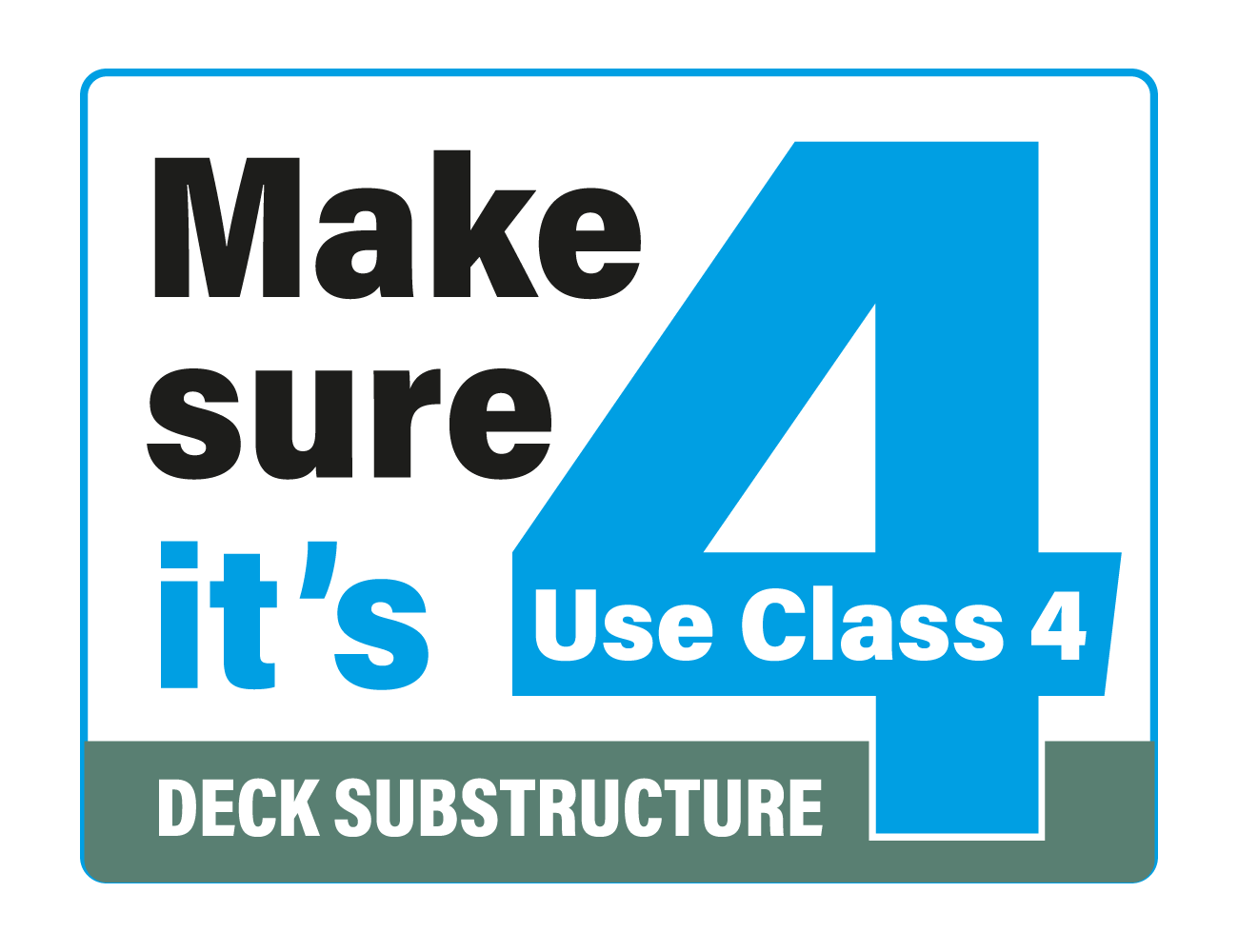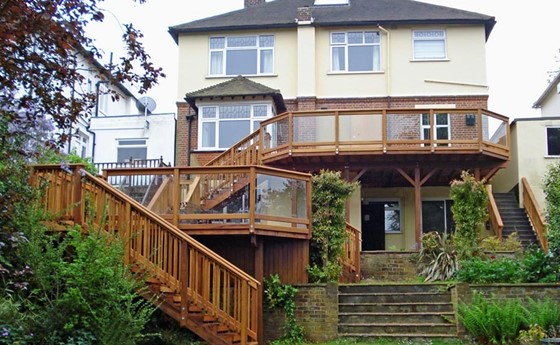What should I know about deck joists?
Whilst you might have given a great deal of thought to your choice of deck boards and other elements such as balustrades, fixings and lighting, you might not have thought about deck joists in the substructure.
Whilst these bits of timber cannot be seen once your deck is complete, they are perhaps more important than your deck boards. Deck joists give you the framework to attach your timber decking boards to and play a very important part in the overall strength and durability of your deck. If you skimp on this part of the project you stand to compromise its service life and safety – regardless of the quality of the deck boards. So it is important to get it right.
![Smartframe[88]](/media/15hjqdtq/smartframe-88.jpg)
Service life and durability
As from January 2020, the TDCA recommend that softwood deck joists or any timbers providing exterior structural support should be preservative pressure treated to Use Class 4 - regardless of whether they are in ground contact or not.
This is to ensure the enhanced durability and safety of the deck substructure and is in line with the Wood Protection Association Code of Practice for Industrial Wood Preservation and BS 8417 which is to adopt this change in due course this year.
See our blog article here.

British / European Standards allow you to specify pressure treated softwoods with a 15, 30 or 60 years desired service life – achieved through material selection and installation – the industry default specification is 15 years. If you want longer than this you will often need to specifically request it, the TDCA have produced a 60 year Code of Practice for balconies on new homes- see here.
Size, strength and spans
Having ensured your joists are treated to Use Class 4, consider the size and strength of joists required and how you will arrange them to provide a structurally sound framework support. Take into account the weight bearing that is required - for example, heavy footfall or to support a hot-tub or furniture. Consider whether the deck joists will sit directly on the ground or be raised.

For decks below 600mm in height, the use of strength class C16 softwood timber is recommended. C16 is considered the minimum standard for decks above 600mm in height and is a requirement of building regulations for such raised level structures.
C18 and C24 should be specified where smaller component sections, longer spans or commercial deck performance design considerations are required.
-
Strength Grading explained: see the blog article
-
Consult decking span tables - in-depth information is available in TRADA's Manual. Alternatively, see page 30 -31 of The Decking Handbook for typical domestic deck beam spans.
Source a trusted Installer
If you are using a professional installer, they will be able to specify the size of deck joists that you require. Many of our TDCA approved suppliers will be able to offer you guidance on sight of your decking plan, helping you to specify the optimum timber for your project.
If you have any specific queries about deck joists, please do get in touch with the TDCA and we will be happy to help you.




